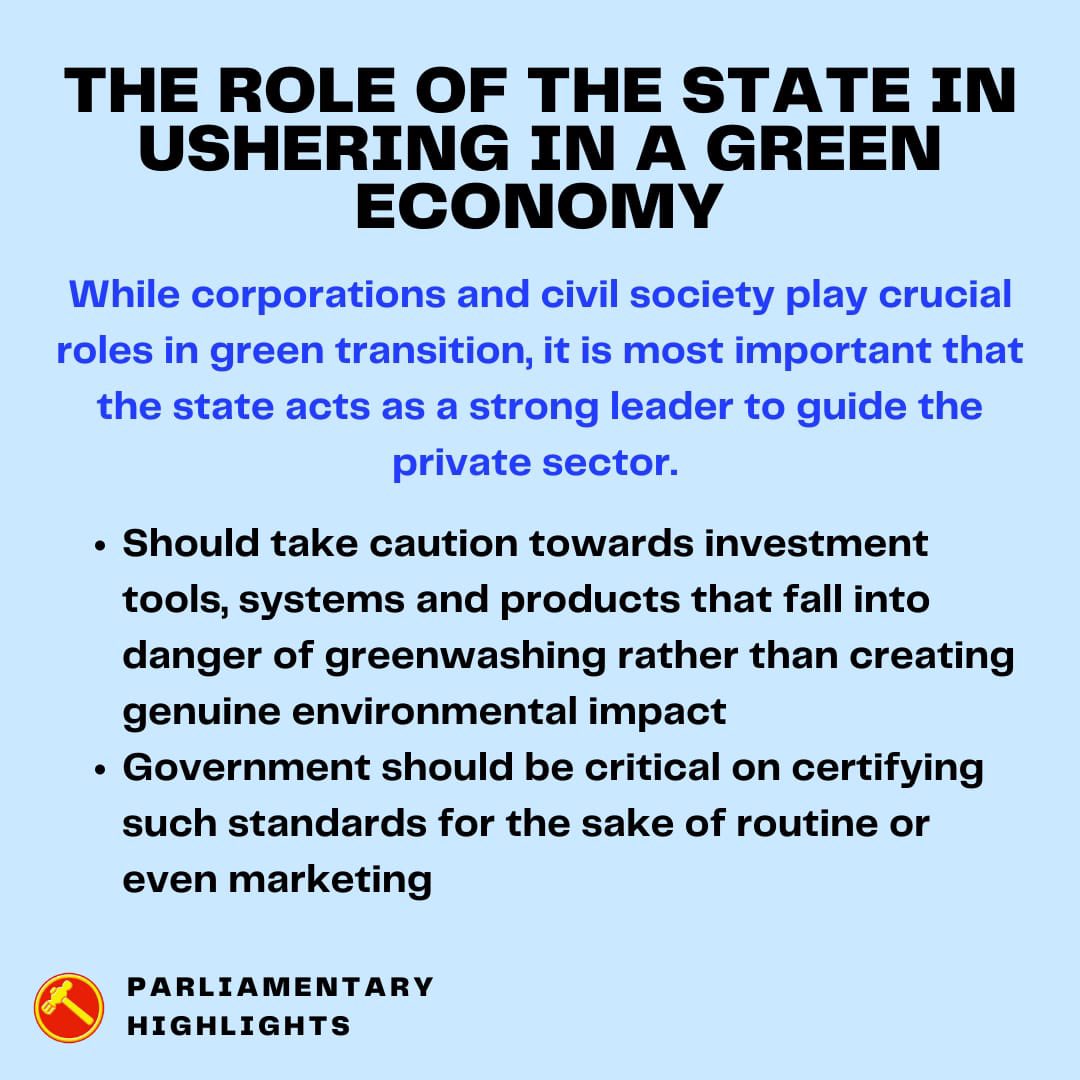
I was somewhat bemused by something DPM Lawrence Wong said, about the lower burden of taxation, in his roundup speech to #Budget2023. He showed, with charts, that the tax burden faced by our middle class was lower than elsewhere. (1/n) 

He also said that Singaporeans enjoy a much higher quality of public service than elsewhere, for what they pay. There’s a certain truth to that; our public sector, insofar as efficiency is concerned, is pretty value-for-money. (2/n)
Why then do our middle classes feel so aggrieved and embattled? Are we spoiled complainers, ungrateful for the how good we have going? Or is there something about our lived experience that speaks to a greater truth? (3/n)
Look, there isn’t any magic when it comes to public services. If we want to pay less on taxes, we’ll either have to accept lower quality, or less coverage, or longer waits. Some of it may be offset by high efficiency, but such gains can only go so far. (4/n)
Or we pay, through other means. So when we make the claim that we are paying low taxes and yet have a world-class educational outcomes, it shouldn’t surprise us that we are making it up with private tuition spending due to oversized classes. (5/n)
Or that our public hospitals—while still endowed with some of the best equipment and amazing doctors—require our patients to endure long waiting times. Or that our social security system cuts families off at unbearably low levels of income (look for find us in the chart). (6/n) 

We also pay via fees and charges, both real and hidden. We have among the most sophisticated systems in the world for charging for road usage, and owning a car is 3 to 4 times more expensive than elsewhere in the world. (7/n)
Our public housing embeds land costs, which can get inflated, and runs the risk of adding to an already-unbearable cost of living. HDB grants offset some of this burden, but it’s unclear whether these go disproportionately toward those who need help the most. (8/n)
Singaporeans intuitively understand this. That’s why there was a meme going around after #Budget2023 was announced, about how salaries seem to go from a lush lamb to a skeletal tulang when all is said and done (H/T: Singapore Laughs). (9/n) 

One may still argue that this is actually better. After all, this approach means that those who actually use public goods and services more end up paying more. It is, undeniably, more efficient. But is it fair or just? (10/n)
Much like how consumption taxes like GST are more efficient but typically also more regressive, the entire system can feel stacked against the less-fortunate, as well as the middle classes, who have less support for such costly “indirect taxes.” (11/n)
(Indirect taxes are in quotes because, strictly speaking, they are avoidable—so, not quite a “tax”—but we nevertheless feel compelled to pay, in order to keep up. No prizes for guessing which socioeconomic class often “chooses” not to pay). (12/n)
It also puts us in a constant state of pressure. We are constantly being “tested” on our choices, and expend cognitive energy figuring out whether we want to drive/park at this time or not, to choose this health plan or that, or which subjects merit extra tuition. (13/n)
I’m not saying that we shouldn’t be mindful about how we spend our money. All I’m saying is that, truly, there isn’t any free lunch. We can’t really claim that we’ve a low tax burden—see!—so we must be well off, when we’re also being squeezed in so many other ways. (14/n)
In the end, we’ll have to decide, as a society, what we want: a low-tax regime where we pay more indirectly (and complain alot about charges), or a higher-tax one (which we’ll inevitably complain about), where government can direct spending in even more progressive ways. (15/n)
Regardless, the most important thing is to be clear-eyed about the realities of what tradeoffs are being made, so that we can be more informed when we engage in public policy debates. #makingyourvotecount (n/n)
• • •
Missing some Tweet in this thread? You can try to
force a refresh















